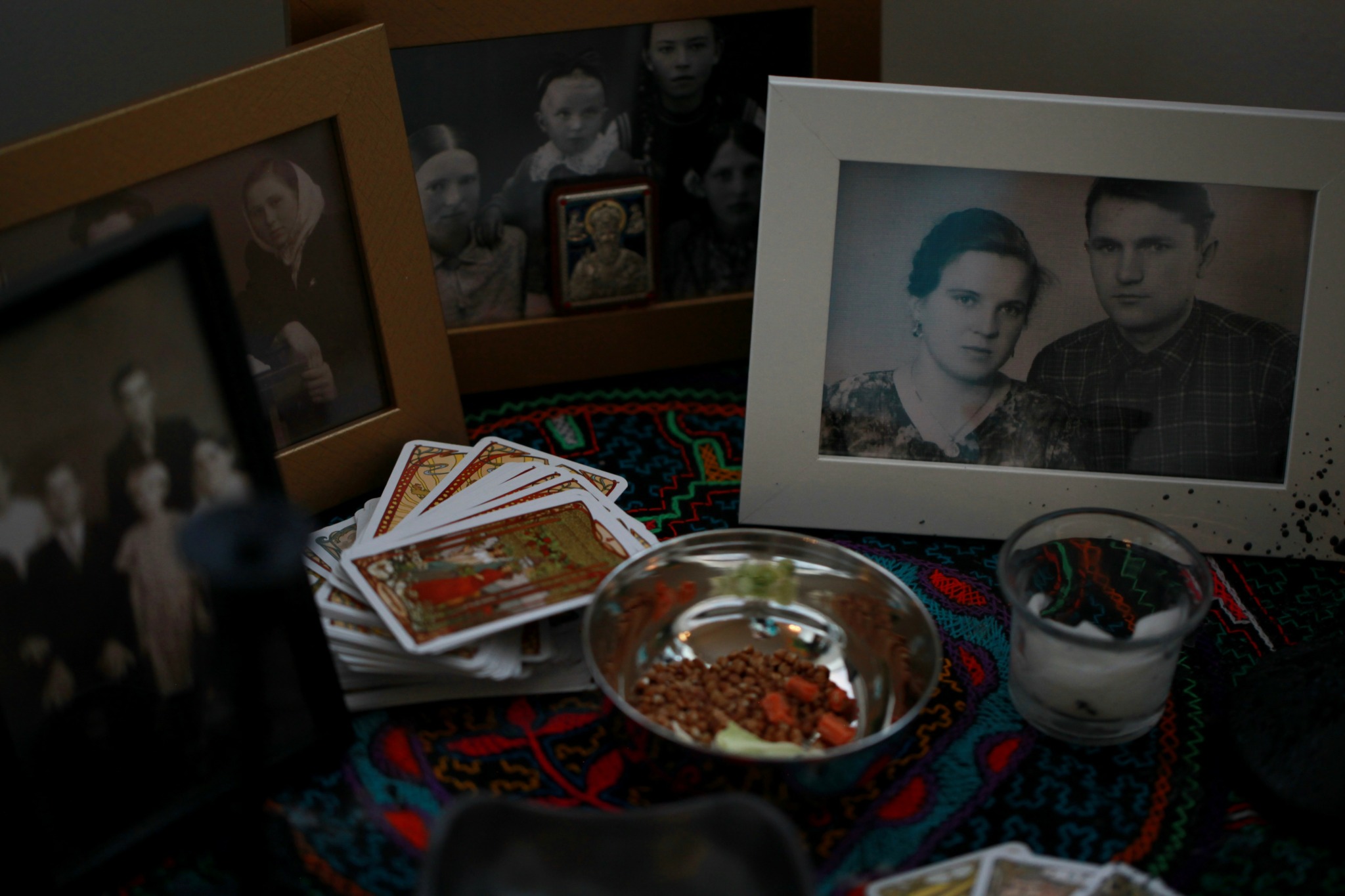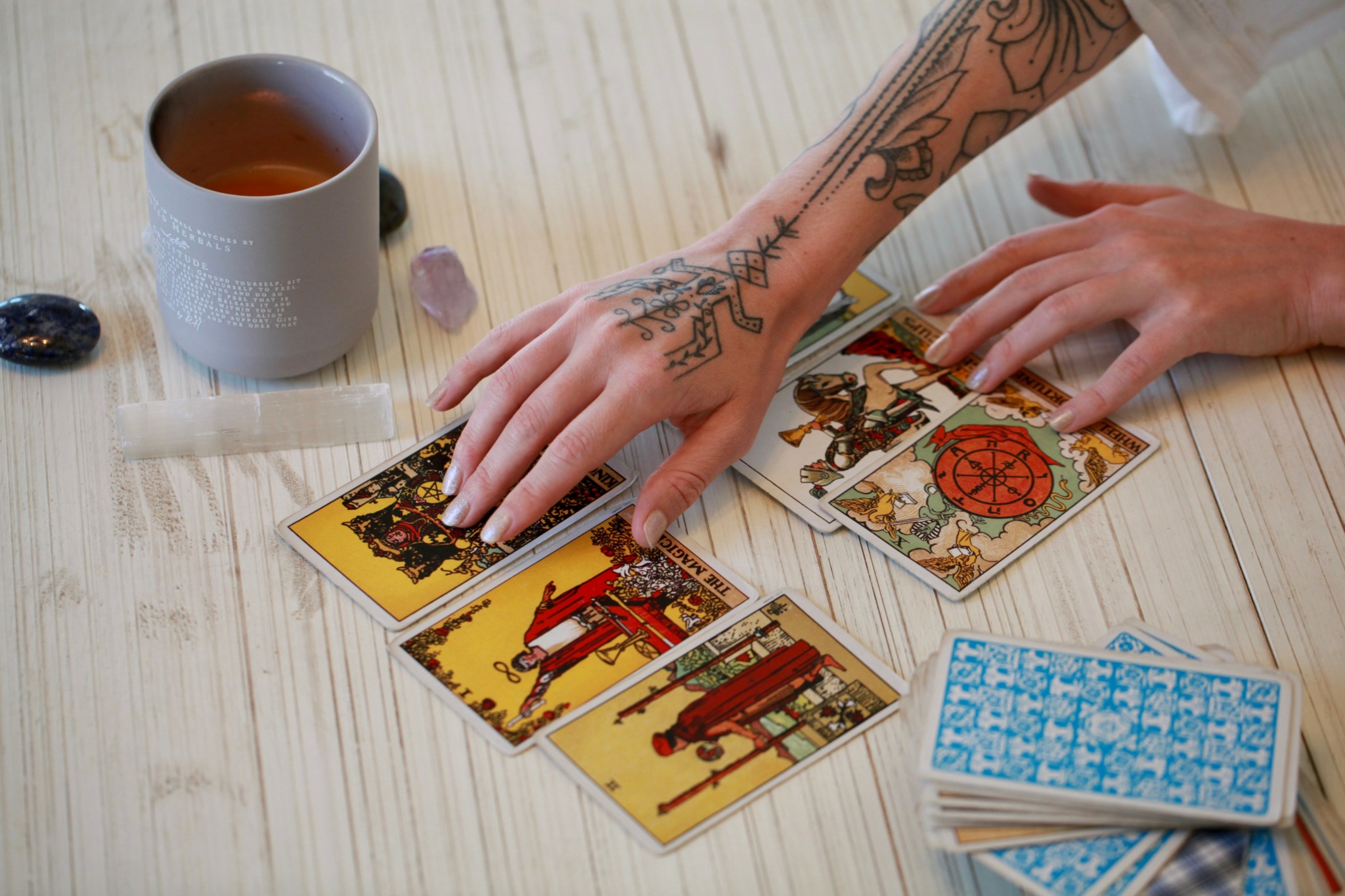We were lucky to catch up with Kate Shiloh recently and have shared our conversation below.
Kate, looking forward to hearing all of your stories today. What do you think it takes to be successful?
I love this question because it’s something I’ve been contemplating since an early age. Is success defined by the money in the bank? Becoming a millionaire overnight? Being famous? Pulling your lineage out of poverty? Or is there something less outwardly focused that actually defines success?
As someone who has traveled the world, shifted between social classes, and experimented with many versions of success, I’ve realized time and again that success cannot be fully defined. In my early 20s, I backpacked solo in Uganda, and witnessing the Ugandan people’s definition of success showed me that, at times, it’s not all about money. Yet, it is entirely about community, health, and the abundance of fruit and food on your land.
I’ve also worked with very successful people. Some of my clients have dream jobs, yet when I ask them how they feel about their success, most admit they aren’t sure how they’re contributing to the planet’s well-being or expansion. Some have even openly shared that while they’re “successful” by societal standards, they feel deeply unhappy—whether because they followed a path chosen by their family or chased the “comfortable” life that the American Dream defines as successful.
I’ve noticed how much people are addicted to the image of success—the money, the cars, the houses—but few talk about how crucial it is to feel successful and fulfilled on a deeper, more personal level. There are some holes in our souls that cannot be filled with material things.
So, how do we measure success, knowing that we can’t take anything with us when we transition out of this lifetime?
For me, it comes down to examining the why behind each intention, choice, dream, or desire. If you want to become a millionaire overnight, ask yourself: why? Once you have an answer, ask again: why? Keep going until you reach the core of your motivation.
Somewhere along the way, you might discover that what you truly seek isn’t tied to external validation or material wealth.
So, what does it take to be successful? Honestly, I don’t have a definitive answer, because success is such a personal concept. I believe it’s about relying on your inner knowing to define what success means for you.
For me, doing what I love makes me feel successful. Having the freedom to travel, connect with people from different cultures, and challenge my worldview is a huge part of it. But above all, living an authentic life—one where you have the time and flexibility to slow down, savor the present moment, and truly “smell the roses”—feels like a true definition of a fulfilling life.

Awesome – so before we get into the rest of our questions, can you briefly introduce yourself to our readers.
My work is dedicated to guiding women in rewriting their life narratives by addressing trauma, limiting beliefs, and ancestral patterns. I work with women 1:1 in a format that feels like coaching but carries a very special touch of my expertise in memoir and life’s stories. My hybrid identity has always driven me to focus on diversity and inclusion, fostering dialogues between cultures. Though I’ve since moved beyond academia, I hold two master’s degrees specializing in Trauma Studies and Psychoanalysis, which deeply inform my approach.
The nature of my work is holistic. I don’t just offer coaching or spiritual guidance; I weave storytelling into the healing process. I use memoir writing as a therapeutic tool, helping women confront limiting beliefs and create new narratives. This work is further enriched by my inherited divination gifts, yoga and meditation practices for embodied transformation, and psychosomatic healing techniques that facilitate the release of deep-rooted trauma. This process empowers them to access their inherited strengths and step out of cycles of trauma. I believe this multi-dimensional approach creates profound healing on emotional, spiritual, and even cellular levels.
The transformations I’ve witnessed in the women I work with are what I’m most proud of—whether it’s overcoming addiction, healing sexual trauma, or stepping fully into their feminine power. Seeing them reclaim their authentic voices and embrace life unapologetically is the most rewarding aspect of this work.
My work is a unique fusion of storytelling and spiritual healing. I view every woman’s life as a narrative that deserves to be told with empowerment and grace. My role is to guide her in this process through the lens of her personal story, ancestral and cultural wisdom, embodied healing practices, and the intuitive insights offered by my divination gifts.
Additionally, some women are looking for guidance in the process of writing their memoirs, an area in which I also specialize. As a writing mentor and manuscript editor, I support women in birthing their books.

We’d love to hear the story of how you built up your social media audience?
Honestly, I started using social media at a very young age. I had a fashion blog when I was 16, and sharing myself with the vast world of the internet felt effortless. These days, I enjoy my Instagram community. I have a comparably small audience, but a very engaged audience! On my page, I share both work-related content and glimpses of my personal life. For me, the most important thing has always been connecting with my followers on a personal and direct level—it’s all about building a genuine community.
I find it inspiring to share parts of my life that feel useful or insightful to others. Before posting, I always ask myself: What’s the intention here? Sometimes, it’s about aesthetics, I love pairing beautiful visuals with meaningful messages. For example, I might post an aesthetic reel of myself in a gorgeous dress surrounded by lush nature, paired with a caption designed to serve my community. I often ask myself questions like, “What do the women in my audience need to hear right now?” or “How can I create a safe, nurturing online sanctuary for them?”
This intention also guides what I stay away from—political debates, violent imagery, or anything that might disrupt the vibe I aim to create. Instead, I focus on curating an atmosphere that reflects my energy and offers value.
For those just starting out, my advice is simple: don’t get discouraged by follower counts. What truly matters is building an engaged audience and a sense of community—and yes, ultimately, conversion if you’re running a business. Use Instagram as a way to share your personal story. Show glimpses of your life that you’re comfortable sharing and let people TRULY see you. Show your face. Don’t hide.
Remember, there are people on the other side of the screen who genuinely want to connect with you. When people go out of their way to avoid showing their face, it can feel a bit insincere. Think of it this way: if the thought of your parents, boss, old teacher, or partner stumbling across your profile doesn’t make you sweat, then you’re on the right track. And, as you probably already know, the block button is always there for a reason.
Be real—without overdoing it with the vulnerability piece. Be unapologetically you. Show your audience why your work matters.

We often hear about learning lessons – but just as important is unlearning lessons. Have you ever had to unlearn a lesson?
It must be the idea that “work and life don’t mix”.
The idea that “work is work and life is life” has always felt off to me. Don’t get me wrong—I take work very seriously, just as I take life and my time seriously. But the notion of completely disconnecting my personal self from my work gives me anxiety. Who decided that between 9 and 5, we have to pause our lives and the things we love and pull a different mask on?
I’m all for working hard, collaborating, and growing your business. But I’m also for showing up authentically for something you deeply care about. Sure, you might have a “work alter ego”—and that’s fine—but viewing work as just a part of life where you “go” and “perform” a role while impatiently waiting for the weekend feels so wrong to me. I’ve been focusing on unlearning this.
I grew up watching my grandmother work three jobs. For her, it was all work and nothing else. I was told from a young age that adulthood is hard and often the worst time of your life. But how is that possible? What I’ve had to unlearn is the idea that work and joy are mutually exclusive. You can have fun while working and still contribute to the world in meaningful ways.
Yes, fatigue will happen, stress will arise, and there will be days when motivation feels out of reach. But the key is bringing more of yourself into your work rather than compartmentalizing your life and work completely.
Contact Info:
- Website: https://www.kate-shiloh.com
- Instagram: https://www.instagram.com/kateshylo
- Youtube: https://www.youtube.com/@kateshylo



